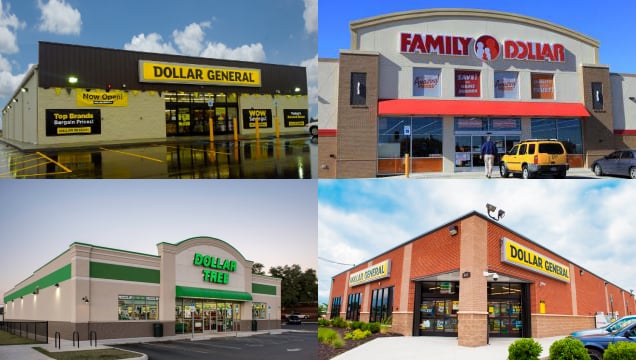Cap rates within the single tenant net lease dollar store sector increased by 15 basis points from the second quarter of 2015 to the second quarter of 2016 to a 6.65% cap rate.

The dollar store sector, for the purpose of this report, is defined as free standing Dollar General, Dollar Tree and Family Dollar properties, as these tenants represent the largest presence within the sector. Cap rates for Family Dollar assets remained unchanged while Dollar General and Dollar Tree experienced increases of 10 and 15 basis point each, respectively.
The cumulative expansion plans of each tenant create a market with a consistent supply of new construction assets. The abundance of supply resulted in an increase in cap rates for the dollar store sector when compared to the second quarter of 2015. In the second quarter of 2016, the discount associated with net lease dollar store assets when compared to the net lease retail sector widened by 37 basis points. A contributing reason for the increase is many large institutional buyers previously acquired a significant number of dollar stores and reached their capacity. Furthermore, many lenders have filled their dollar store allotment and are not offering the same financing options as other net lease assets.
Despite the lack of institutional buyers, dollar stores remain attractive to 1031 and private investors as they offer long term leases with low price points. In the second quarter of 2016, the median asking price for the net lease dollar store sector was $1,362,000.
Dollar General and Family Dollar continue to make up the majority of the supply in the single tenant dollar store sector with Dollar General leading the supply with 62% of the sector. Dollar Tree stores only made up 7% of the total supply in the second quarter as Dollar Tree stores are more commonly located within multi-tenanted assets.
The net lease dollar store sector will continue to realize demand as dollar stores offer investors a higher yield to other low price point net lease assets including quick service restaurants and auto part stores. With the cumulative expansion plans of all three tenants, a strong pipeline of new construction assets should remain. The expectation is that the majority of demand for this asset class will remain in new construction assets as investors look to take advantage of the full lease term.
About the author: Randy Blankstein is President of net lease advisory firm The Boulder Group.